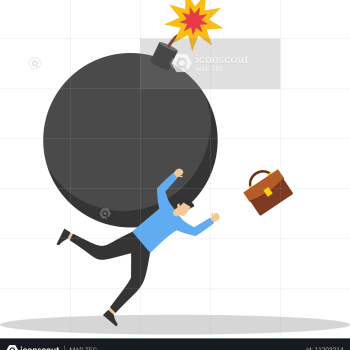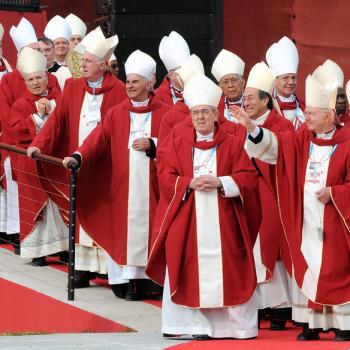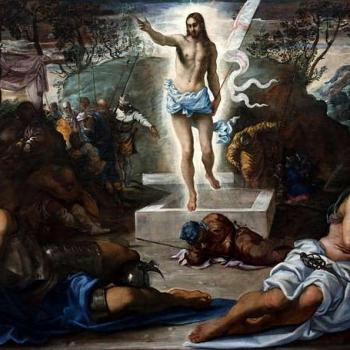I’d love to respond to some of your commenters but I have no idea how to make the World Table comment system work. If it was still Disqus I would just go in and respond as the magazine.
Also, the magazine’s editor (me) is a Methodist-turned-Anglican, so I was not trying to shape a Reformed-heavy list by any means. Its shape arose from our decision to survey past writers for the magazine, who come largely from the Reformed mainstream of evangelicalism. I am a cradle mainliner (I often describe myself as doctrinally orthodox but not culturally evangelical; more on that here if people want to know: http://www.patheos.com/blogs/missionwork/2015/07/first-evangelical-crossroads/) so maybe that excuses my love for Julian of Norwich. 🙂
You can send people to my post about the issue too. Somebody brought it up in the comments but not everybody has seen it. https://www.christianhistoryinstitute.org/blog/post/yes-these-are-some-of-the-writings-that-changed-the-world/ Also, to my editor’s letter: https://www.christianhistoryinstitute.org/magazine/article/editors-note-great-wrtings
________________
The gist of our discussion was to complain that it was too Reformed/evangelical and not Lutheran enough, but that Luther had three titles on the list, more than anyone except Augustine, is even more striking now that we know that these titles made it by virtue of being in so many “top 5” lists.
And the test is “influence.” The 95 theses sparked the Reformation, and Luther’s “Lectures on Romans” led to the conversion of both John Bunyan and John Wesley, two others who made the list.
I don’t see how anyone can complain about racial or gender imbalance in an “influence” list. If, as is often said, “these voices were silenced,” how could they be influential? And, conversely, if they were among the most influential, in what sense were they marginalized?
I do think some more popular titles might have been more influential than some of these more distinguished works. For example, Charles Sheldon’s In His Steps, published in 1896, about people governing their lives in answer to the question “What Would Jesus Do?,” was one of the biggest sellers ever, but a terrible novel with terrible theology (what it said Jesus would do is promote prohibition and blue laws–nevermind the charges against Him that He was a wine-bibber and breaker of the Sabbath). Yet the book did a lot to promote the moralism and the social gospel of the new liberal theology.
What other works would you cite for their influence, whether for good or for bad?












